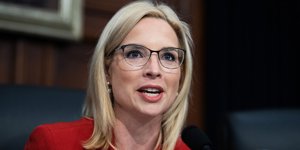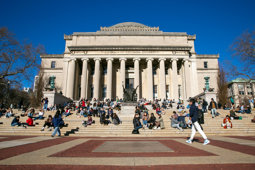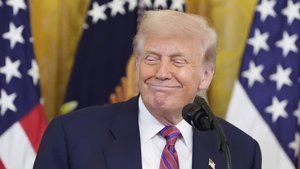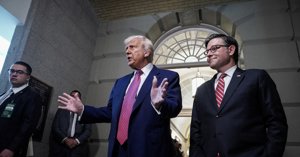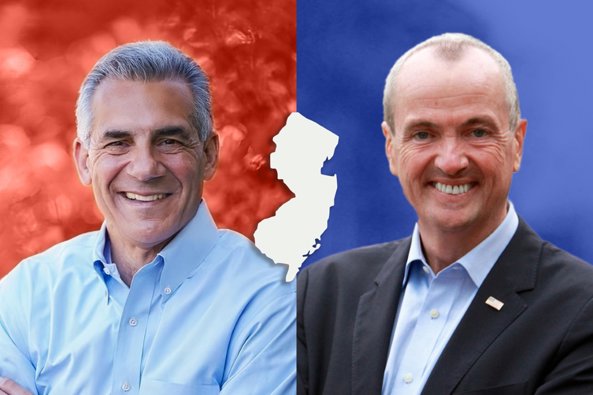
New Jersey Gubernatorial Primary Tests Trump’s Influence
New Jersey’s June 10 gubernatorial primaries test Trump’s second-term influence, with crowded races and surging Republican turnout.
Key Statewide Vote Signals Broader 2026 Midterm Momentum
New Jersey voters will head to the polls on June 10 to choose party nominees in one of the most consequential gubernatorial primaries of 2025. With term-limited Democrat Governor Phil Murphy leaving office, both parties are locked in competitive races featuring high-profile candidates and rising political stakes.
Six Democrats and five Republicans are vying for their party’s nominations. The Democratic field includes Newark Mayor Ras Baraka, Jersey City Mayor Steve Fulop, NJEA President Sean Spiller, former State Senate President Steve Sweeney, and U.S. Representatives Josh Gottheimer and Mikie Sherrill. On the Republican side, 2021 nominee Jack Ciattarelli faces off against radio host Bill Spadea, State Senator Jon Bramnick, former Mayor Mario Kranjac, and outsider Justin Barbera.
President Donald Trump has become a central figure in both races, with Republican candidates openly embracing his agenda and Democratic contenders positioning themselves in opposition. The primary serves as an early indicator of how voters are responding to Trump’s second-term policies ahead of the 2026 midterms.
Trump Endorsement Shakes GOP Field
Trump, who outperformed his 2020 numbers in New Jersey during the 2024 election, recently endorsed Ciattarelli on Truth Social. The move dealt a blow to Spadea, who had attempted to cast himself as the leading pro-Trump voice in the race. A Rutgers-Eagleton/SSRS poll conducted in April showed Ciattarelli with a commanding 42% among Republican voters, while Spadea trailed at 12%. Bramnick, Barbera, and Kranjac each polled in the low single digits.
Ciattarelli, in his third gubernatorial run, narrowly lost to Murphy in 2021. He has framed his campaign as a rejection of eight years of Democratic control in Trenton and a pledge to restore fiscal discipline and pro-growth policy to the Garden State.
Democratic voters are less unified, with Sherrill leading at 17% and Fulop close behind at 12%, within the poll’s margin of error. Spiller, Baraka, and Sweeney followed with 10%, 9%, and 7%, respectively. Notably, Baraka gained national attention — and endorsements from fellow candidates — after his arrest for trespassing at an ICE facility in Newark, a move DHS criticized as a “beyond bizarre political stunt.” Baraka defended his actions, maintaining he did nothing wrong.
Democrats have been cautiously navigating Governor Murphy’s legacy, balancing support for his progressive agenda with calls for change. Most Democratic hopefuls have distanced themselves from Trump-era federal actions, including executive orders and immigration policies, as well as cuts implemented by the Department of Government Efficiency (DOGE).
Meanwhile, the state has faced infrastructure and transit challenges. Recent FAA outages at Newark Liberty International Airport and a disruptive New Jersey Transit strike have caused major delays. A sinkhole on Interstate 80 further compounded commuter chaos, fueling frustration among residents ahead of the vote.
In-person early voting will run from June 3 to June 8. Vote-by-mail ballots must be postmarked by June 10 and received within six days of the polls closing. Election Day voting will take place from 6 a.m. to 8 p.m. on Tuesday, June 10.
As both parties sharpen their messaging and rally their bases, New Jersey’s primary outcome is likely to shape national narratives heading into the 2026 midterm cycle. With Trump’s influence looming large, all eyes are on the Garden State.



